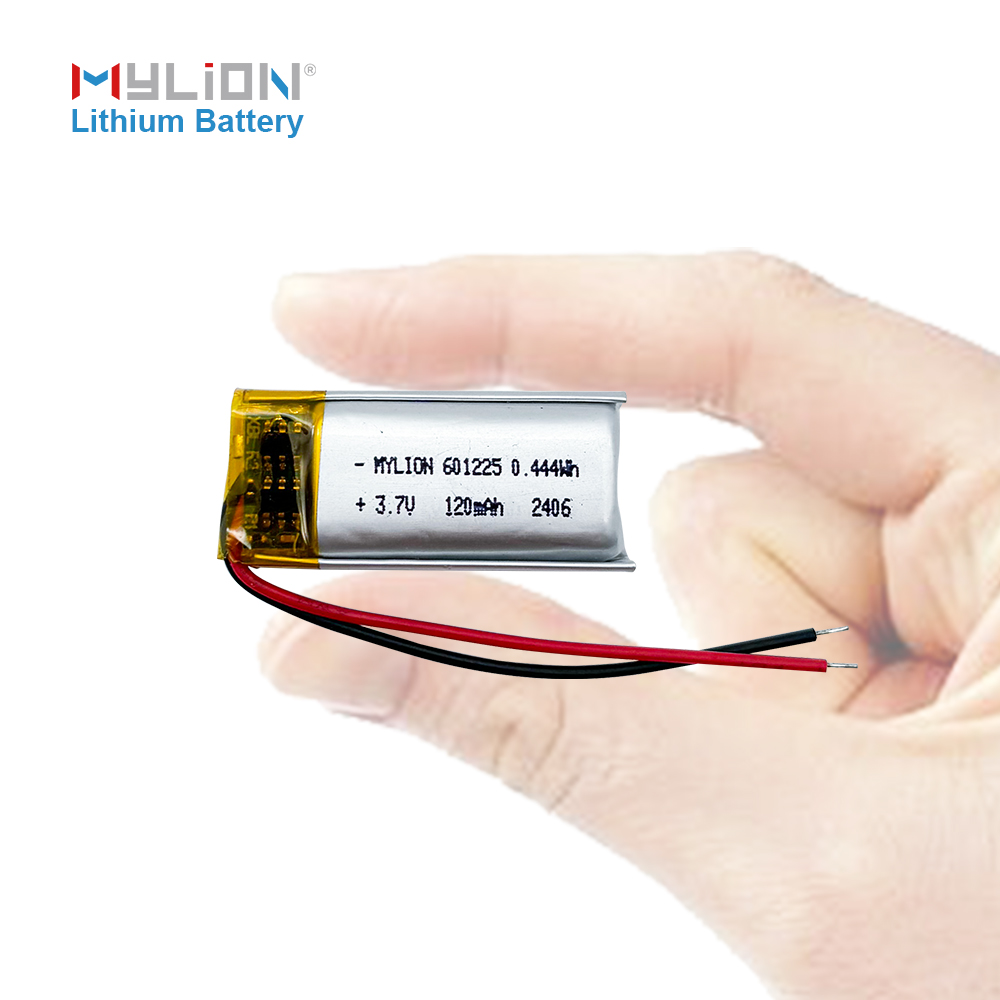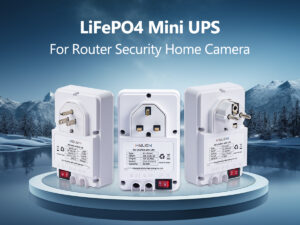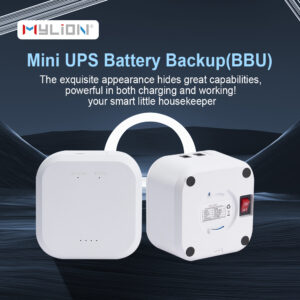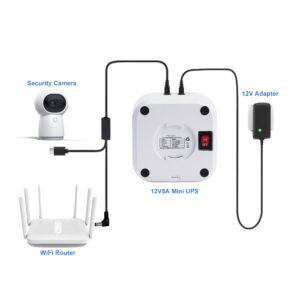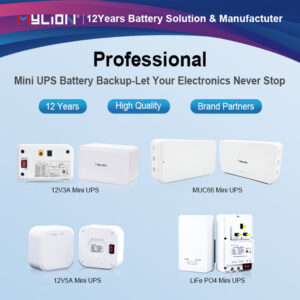The drone industry has grown rapidly in recent years, with drones being used in a wide range of applications, including aerial photography, surveying, agriculture, and delivery services. One of the most critical components driving drone success is the lithium polymer battery. These batteries are at the heart of drone performance, affecting factors such as flight time, payload capacity, stability, and overall efficiency. This article explores the critical role of lithium polymer batteries in the drone industry, how it has revolutionized the way drones are operated, and the types of lithium polymer batteries used in various drones.

1.Importance of LiPo Batteries in Drone Performance
Drones rely on energy-dense power sources to provide steady power while minimizing the overall weight of the device. LiPo battery technology is ideal for this purpose due to its high energy density, lightweight construction, and ability to provide steady power output. LiPo batteries enable drones to stay in the air for long periods of time, carry heavy payloads, and maintain stable flight characteristics, all of which are critical to their practical applications.
Flight Time
Flight time is one of the most important performance indicators for drones. Users often expect drones to be able to fly for long periods of time, especially in commercial applications such as aerial surveys, inspections, or deliveries. LiPo batteries play a direct role in determining how long a drone can stay in the air.
LiPo batteries have a high energy density, which means they can store more power relative to their weight than other battery technologies. This allows drones to fly for long periods of time without adding too much weight that would otherwise negatively affect their performance. The larger the capacity of a LiPo battery, the longer the flight time, but it also comes with a trade-off because larger batteries increase the weight of the drone.
For example, consumer drones typically have lithium batteries with capacities ranging from 2,000mAh to 5,000mAh, which provide 20 to 30 minutes of flight time. In contrast, professional drones used in industries such as agriculture or cinematography may carry lithium batteries with capacities of up to 10,000mAh or more, providing up to 1-2 hours of flight time, depending on the weight and mission of the drone.
Payload Capacity
The lithium polymer battery does more than just provide power to the drone’s motors and flight systems. It also affects the drone’s payload capacity – the amount of weight a drone can carry, which is critical for drones used for delivery, cargo transport, or even agricultural spraying.
Heavier batteries may provide more power and longer flight time, but they will also reduce the drone’s overall payload capacity. By selecting high-quality lithium batteries with a balanced weight-to-power ratio, manufacturers can optimize flight time and payload capacity. For example, a drone used for delivery services that needs to carry small packages could be designed with lithium polymer batteries that can provide enough power while minimizing weight to allow for the delivery of goods.
Stability and Power Consistency
Drone stability is another critical factor, especially for professional-grade drones used for filming, surveying, or mapping. Lithium-polymer battery technology ensures a continuous supply of power throughout the flight, which helps maintain the stability of the drone during operation.
Unlike older battery technologies, which can experience voltage drops as the battery discharges, lithium-polymer batteries provide a steady power output until the battery is nearly depleted. This helps the drone maintain a steady level of thrust and prevents sudden drops in altitude or stability, which can occur when other types of batteries experience more significant voltage drops under load.

2.Drone Types and Their LiPo Battery Requirements
The LiPo batteries used in drones are often customized to the specific needs of the drone application. Different types of drones have different power and capacity requirements that affect the choice of battery. Let’s take a look at the applications of lithium batteries in various types of drones:
Consumer drones
Consumer drones, which are often used for recreational or amateur photography, tend to use smaller capacity LiPo batteries ranging from 1,500mAh to 5,000mAh. These drones are usually lightweight and compact, designed for short-distance flights in controlled environments. The LiPo batteries in these drones are optimized to balance flight time and portability. These drones typically have a flight time of 20 to 30 minutes per charge.
Since consumer drones are used for lightweight applications such as taking photos and videos or basic aerial navigation, they often use LiPo batteries that charge quickly, ensuring that users can quickly return to the air for more shooting or exploration.
Commercial drones
Commercial drones used in industries such as agriculture, surveying, and inspection require higher payload capacity and longer flight time. These drones are often equipped with larger lithium batteries, ranging from 6,000mAh to 10,000mAh or even higher. These larger batteries enable the drone to carry heavy payloads such as cameras, sensors, or agricultural spraying systems and still maintain reasonable flight times.
For example, drones used for crop spraying need to carry large amounts of pesticides or fertilizers, which significantly increases the weight of the drone. To accommodate the weight and ensure longer flight times, these drones use higher capacity lithium polymer batteries. Drones used for aerial surveying or mapping are similarly powered by lithium polymer batteries and are designed to support large imaging systems and GPS devices, allowing them to remain in the air for long periods of time while collecting detailed data.
3.Advantages of Lithium Polymer Batteries in the UAV Industry
The rapid growth of the drone industry has been significantly influenced by the benefits brought by lithium polymer battery technology. The advantages of lithium polymer batteries in drones are enormous and include:
High energy density: Lithium polymer batteries have a higher power output per unit weight than most traditional batteries, making them ideal for small, lightweight drones that need to fly for long periods of time.
Long cycle life: Lithium polymer batteries can last for hundreds of charging cycles without significantly degrading performance, making them reliable for long-term operation of drones.
Fast charging: Many lithium polymer batteries are designed to charge quickly, allowing drones to spend less time on the ground and more time in the air. This is especially important in professional applications where turnaround time is critical.
Customizable form factor: Lithium polymer batteries can be molded into a variety of shapes and sizes, allowing manufacturers to create batteries that are perfectly suited to the unique designs of different drones.

Conclusion
The use of LiPo batteries in the drone industry has fundamentally changed the way drones operate, affecting their flight time, payload capacity, stability, and overall performance. As drone applications continue to expand into consumer, commercial, and industrial sectors, LiPo battery technology will continue to be an essential component in enabling more powerful, efficient, and reliable drones. By offering high energy density, lightweight design, and stable power delivery, LiPo batteries will continue to be at the forefront of innovation in the drone industry, helping drones reach new heights in functionality and performance.

